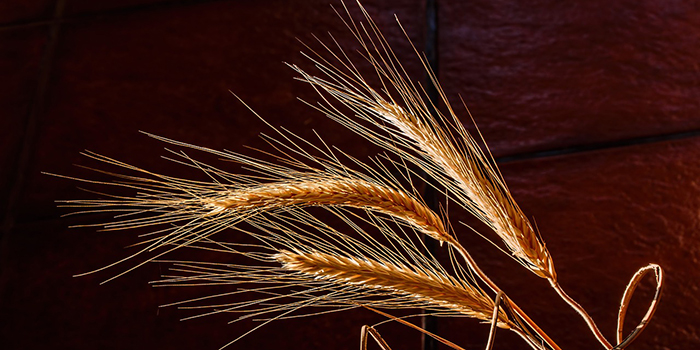
Are the arguments for paleolithic dieting valid? Is it a worthy nutritional plan? The Paleo Problem: Examining the Pros and Cons of the Paleo Diet, written at Precision Nutrition, may shed some light on the topic. Some interesting and key points from the article can be found below.
Perhaps an important argument supported by Paleo believers is that modern man should eat as our ancestors did. The problem is that fruits, vegetables and animals today are different than in the past. The species of these foods had different characteristics and people were not limited to one or two genetic varieties. However, as noted in the article, different does not necessarily mean better or worse.
Another argument by Paleo followers claims that modern man is not genetically evolved to consume grains due to the belief that humans did not start eating those foods until 10,000 years ago. According the article, recent research suggests granules of grains on stone tools dating back to 105,000 years ago and a widespread incidence of granules on grinding tools as long as 30,000 years ago.
The article even claims advanced analytical methods of cereal and grass consumption up to three to four million years ago. A similar case can be made for legumes, and it is even suggested legumes were an important component of the ancient diet. Paleo supporters also believe grains may cause inflammation. The article points out that controlled trials of grain consumption consistently shows no affect on inflammation.
Observation and controlled research also suggests benefits of grain and legume consumption on human health. Another good point made is that there is more to the story than our genetic blueprint and physiology. The environment has pronounced affects on gene expression. Another factor to take into account is the microbial environment of our gut. Bacteria species and proliferation can be impacted by single meals. Interestingly, bacteria grow and change faster than human genes evolve. This provides a possible mechanism concerning how humans can thrive and adapt to a variety of environments. All in all, the evolutionary argument does not hold up.
However, the author concludes that the diet is a good one. Clinical trials support an improvement on health markers. Here is a list of pros and cons from the article:
Pros
- Paleo-style eating emphasizes whole foods, lean proteins, vegetables, fruits, nuts, seeds, and other healthy fats, which is a massive improvement over the average Western diet.
- Paleo-style eating has been extremely effective for improving several chronic diseases. That alone is a huge plus.
- Paleo-style eating has made us more aware of how processed and crappy a lot of our 21st century food is.
Cons
- The evidence for excluding dairy, legumes, and grains isn’t (yet) strong.
- The evolutionary arguments don’t hold up.
- In the broader sense, strictly following a list of “good” and “bad” or “allowed” and “not allowed” foods tends to be problematic for most people.
Please read the full article, The Paleo Problem: Examining the Pros and Cons of the Paleo Diet








